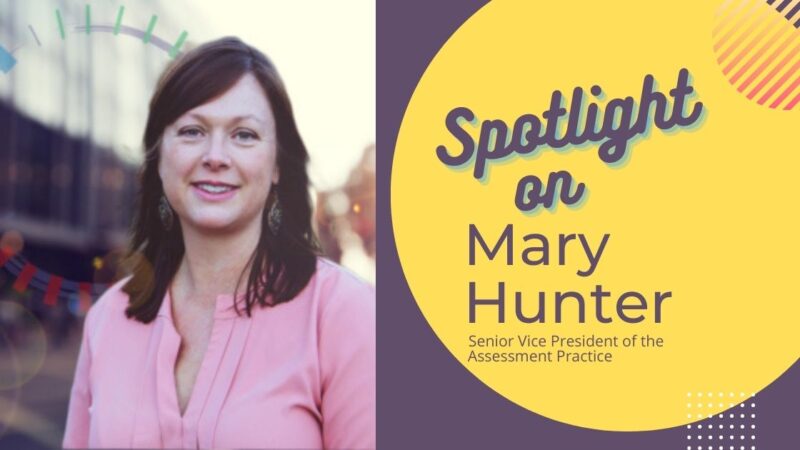DEI Conversations: Where Is the Script?
December 7, 2022

Clients often ask us for a script of things they are “supposed to say” in DEI conversations. This request tends to come because people are feeling fearful or frustrated.
People who are fearful want to know what to say to help them avoid what not to say. They worry about unknowingly saying something offensive and want to take all the steps they can to prevent mistakes.
Those who are frustrated either want a script to share with other people who keep getting it “wrong,” or are themselves weary from trying to say the “right” thing only to be told that they got it “wrong.”
But the truth is, there is no script when it comes to DEI conversations. Why not? A script is a temporary fix. It only works for one scene, with one set of actors who agree to stick to it. And “acting” is not something you want when encouraging people to show up with honesty, vulnerability, and authenticity.
Instead of giving a script, we provide a framework to help our clients feel more confident going into DEI conversations. Here are our top tips:
Before the conversation:
Know your “why.” Speaking with people about topics when you do not have all the answers can be uncomfortable. Reminding yourself why it is essential to do so makes engagement easier. Whether your role requires it or you believe people and relationships matter, articulate your “why” as a grounding motivation in order to do hard things.
- Identify your singular intention. DEI-related conversations are rarely had just to have them. Pinpoint the objective, outcome, or purpose clearly before moving forward.
- Remember what matters most. Remind yourself of your core values, how you want to treat people and how you want them to feel as a result of interacting with you.
- Embrace some fear. It takes courage to engage in conversations with other people when you do not know for certain what to say and you cannot be sure how the other person is going to respond. Do it anyway.
- Plan and practice. If possible, plan what you want to say and practice it out loud or with a trusted friend until it feels natural and you become more comfortable.
During the conversation:
- Be others-centered. Whether you are speaking to a crowd or one-on-one, put yourself in the shoes of the listener. Imagine what might be most important to them and how you can communicate most effectively with them.
- Start with intent. Declare your purpose and motivation at the beginning. Explaining your intent before you speak helps avoid misunderstandings and having to use phrases like, “What I meant was…”
- Admit your limitations. Speak from experience but acknowledge your experience is limited. Appreciate the complexity of the situation and readily admit when you do not have all the answers.
- Remember it is a two-way conversation. Rather than seeing disagreement as a threat, welcome divergent thinking as a way to find the best idea or solution. Seek out and invite other viewpoints, especially ones that are different from yours.
Consciously grow. Be open to change. Seek out perspectives from informed resources and when you learn something, change something.
With this framework, it is possible to speak more confidently and competently about DEI-related issues – even without a script.
Written by: Dawn Bryan, Senior Vice President of Global Practice at The Kaleidoscope Group


